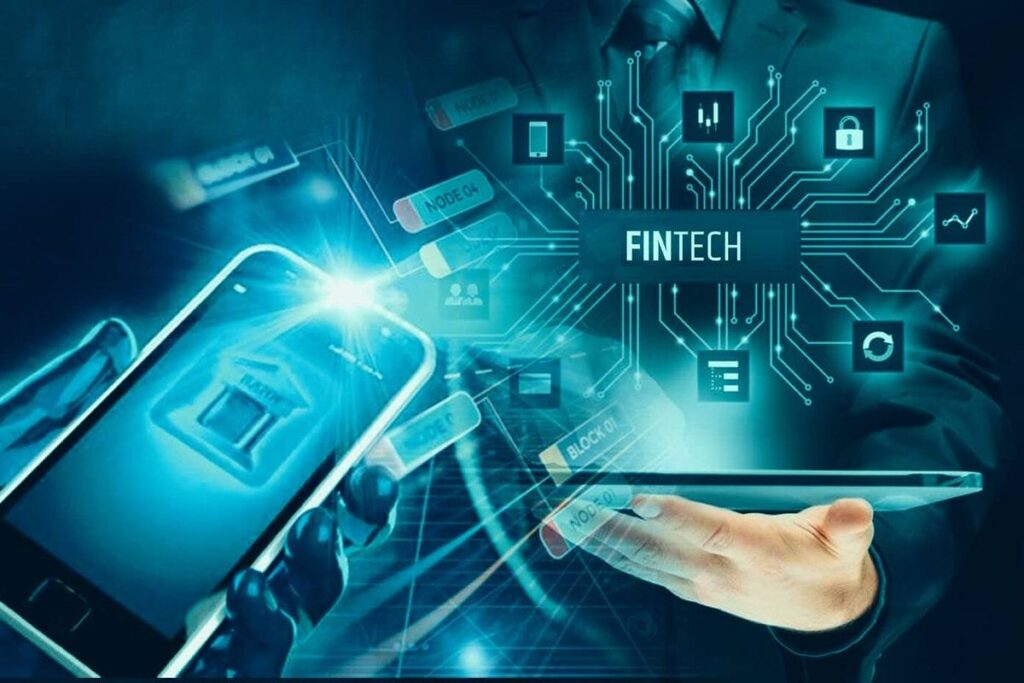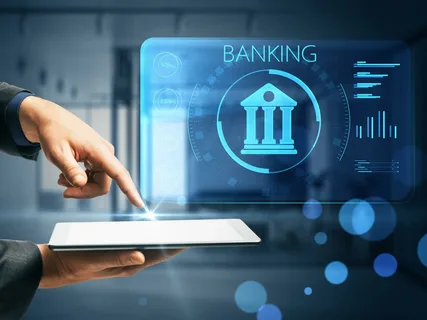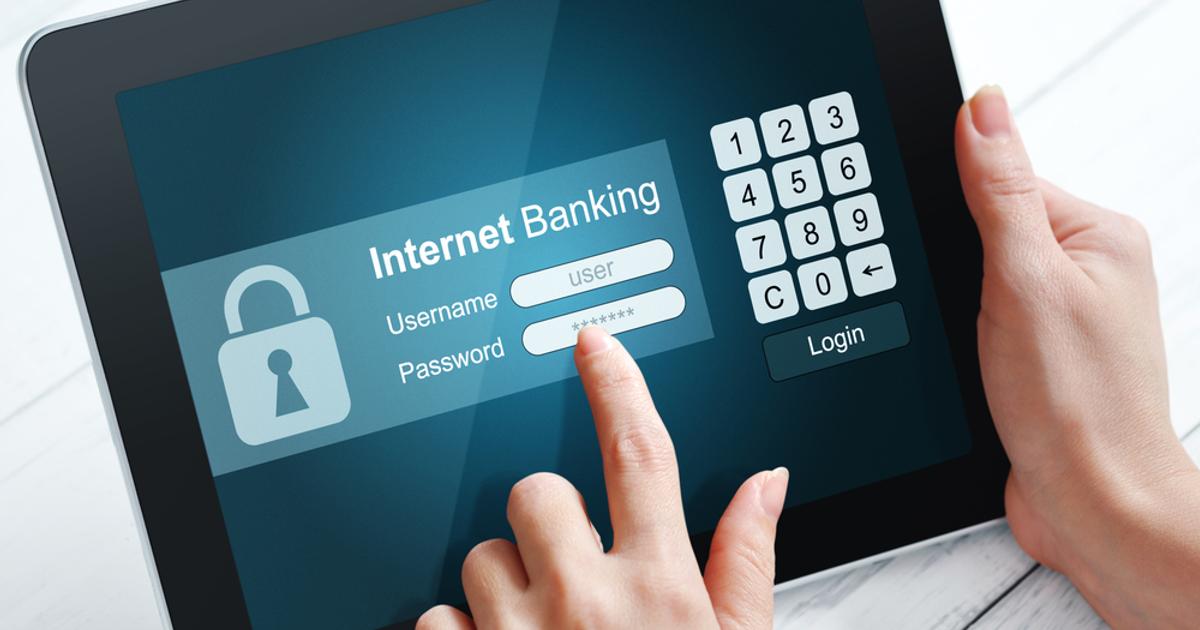Malaysia has made quick progress toward a cashless society. Digital payments are now a fundamental aspect of daily life, from using Touch ‘n Go eWallet to pay tolls to ordering food delivery on Grab. As SMEs and individuals alike embrace digital finance, internet banking adoption is continuing to soar, with e-wallet transactions surpassing RM 40 billion in 2024, according to Bank Negara Malaysia.
However, the risks increase along with the popularity of e-wallets and online banking. In order to target unwary Malaysians, scammers are now using social engineering techniques, deepfakes, and AI scams in addition to sending dubious SMS messages. According to CyberSecurity Malaysia, e-wallets were a primary target of the nearly 30% increase in financial fraud attempts that occurred in 2024.
So, how can Malaysians benefit from living a cashless lifestyle without compromising their safety? Let’s examine Malaysia’s e-wallet and online banking security situation in detail, as well as some important things to be aware of in 2025.
The Importance of Internet Banking and E-Wallet Security in 2025
1.Expanding Adoption in All Age Groups
- Young Malaysians purchase everything from coffee to movie tickets using e-wallets.
- Because internet banking is more convenient, especially with mobile-friendly apps, older Malaysians are also switching to it.
2.The Push for a Cashless Economy
In an effort to boost the fintech industry, the government’s Digital Economy Blueprint (MyDIGITAL) encourages Malaysians to adopt cashless transactions.
3.Increasing Trends in Cybercrime
- Scammers are posing as bank officers by using voices produced by artificial intelligence.
- The promotion of fraudulent investment schemes through Telegram and WhatsApp is on the rise.
- Local bank spoofing websites (Maybank2u, CIMB Clicks, etc.) are getting more difficult to differentiate from the real thing.
In summary: Although your digital wallet is incredibly convenient, it has become a prime target for cybercriminals.
The Biggest Cyber Threats Malaysians Face

1. Phishing Scams & Fake Banking Apps
An SMS purporting to be from your bank or an e-wallet provider may arrive. The link leads to a phony website intended to steal your login credentials, even though it appears authentic. In a similar vein, cloned apps frequently circulate outside of legitimate app stores, trapping users who download them.
For instance, several Malaysians reported losing money in late 2024 as a result of downloading phony Maybank and CIMB apps from unaffiliated websites.
2. Deepfakes & AI-Powered Scams
AI-generated voices are now being used by scammers to mimic customer service representatives. Imagine getting a call telling you to “verify your account” that sounds just like your bank officer. Because it seems real, many people fall for it.
Caution: Deepfake video calls, in which con artists pretend to be family members or coworkers in order to defraud victims into sending money, are predicted to increase in 2025.
3. Credential Reuse & Weak Passwords
Unbelievably many Malaysians continue to use passwords like “123456” or “password123” for numerous accounts. Hackers can gain access to your email, internet banking, and e-wallet once they have compromised one account.
5. Fraudulent Investment Plans & Social Engineering
Master manipulators of human psychology are scammers. They will make promises of “guaranteed returns” on investments or instill a sense of urgency by saying things like “Your account will be frozen unless you act now.” These strategies deceive victims into acting hastily and without consideration.
Ways for Malaysians to Keep Safe

It is everyone’s duty to maintain cybersecurity. Although banks and e-wallet companies make significant investments in fraud detection, users still need to be proactive.
1.Turn on multi-factor authentication (MFA)
Passwords are not your only option. To secure your accounts, use biometric login (facial ID or fingerprint), OTP codes, or security tokens.
2. Only Utilize Official Apps
Apps for banking or e-wallets should always be downloaded from the Apple App Store or Google Play Store. Steer clear of links or APK downloads sent via WhatsApp.
3. Update Your Apps Often
Apps that are outdated frequently have security flaws. Installing the most recent version is always advised because updates typically fix vulnerabilities.
4. Keep an eye out for HTTPS
Online banking should only be accessed through websites that have “https://” in the address bar. Secure means the “s.”
5. Be Wary of Messages and Calls
Your password or OTP will never be requested by banks. Hang up and dial the official hotline if someone calls posing as your bank.
6. Fortify Your Passwords
Create complex, one-of-a-kind passwords using a combination of symbols, numbers, and letters. Use a password manager for even better results.
7. Refrain from Using Public Wi-Fi for Transactions
Connect via a virtual private network (VPN) if you must.
What E-Wallet Providers and Banks Are Doing

Fintech companies and banks in Malaysia are not stagnating. Here’s how they’re improving the security of digital finance in 2025:
- Touch ‘n Go eWallet and Maybank2u provide fingerprint and face recognition for biometric authentication.
- AI Fraud Detection: Banks keep an eye on odd spending trends and immediately report any questionable activity.
- Transaction Alerts: Push notifications via email or SMS notify users of each login or transfer.
- Stricter Regulations → Bank Negara Malaysia imposes more stringent anti-fraud policies on online lenders.
Personal awareness is the best line of defense because, if users are not careful, even the most sophisticated systems can be circumvented.
Malaysia’s Prospects for Secure Digital Finance
In the future, Malaysia’s digital payment security will advance even further:
- 6G Connectivity → Real-time fraud detection will be supported by faster internet.
- Blockchain-Powered Payments → Providing increased traceability and transparency.
- Systems that identify odd typing or swiping patterns are known as behavioral biometrics.
- AI-Powered Scam Prevention → More intelligent algorithms that immediately block questionable activity.
But scammers will also change. Personal vigilance and ongoing awareness campaigns are therefore essential.
If you’re a business or individual looking to strengthen your cybersecurity and digital finance safety, our team at Sizaf Infocomm can help you stay protected.
- Malaysia: +60 146600012
- USA: +1 516 880 9996
Stay cautious. Stay informed. Stay secure.
